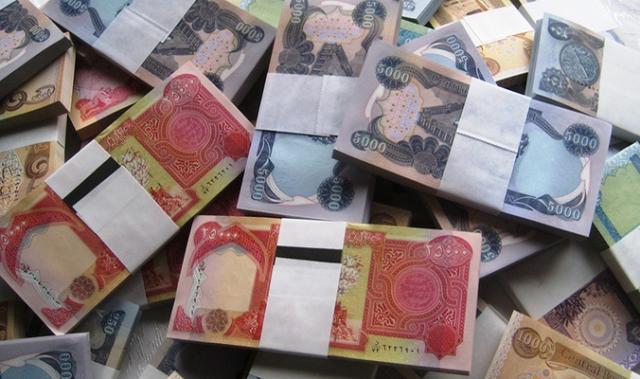MOSUL TIME RADIO
The Iraqi government has downplayed the impact of the decline in oil prices on employee salaries.
The financial and economic advisor to the Iraqi Prime Minister , Mazhar Muhammad Salih, said that there is absolutely no salary crisis in Iraq .
He explained that these are just rumours or speculations that are launched from time to time, indicating that they are based on the current fluctuations in oil prices .
He added that “salaries, pensions and social care are a top priority in public expenditures because they affect the living conditions of a very large segment of the Iraqi people.”
In the context, member of the Parliamentary Finance Committee, Mustafa Al-Karawi, revealed that the general budget depends 90% on oil revenues, which makes it vulnerable to fluctuations in oil prices in the global market, but he confirmed that the employee salaries file will not be affected by the decline in oil prices.
Al-Karaawi explained that any change in the price of oil will directly affect the budget, adding that “the lower the global oil price, the more it will lead to a deficit in the budget achievement rate,” and he confirmed that economic activity will also be affected. Despite these concerns, Al-Karaawi confirmed that employee salaries will not be affected, noting that the salary ceiling is much lower than the spending ceiling allocated in the budget.
The Iraqi Ministry of Finance stated that the monthly salaries of employees and workers in the public sector are financed according to the cash liquidity available to it.
This came in response to a letter sent by Iraqi Parliament member Diaa Al-Hasnawi regarding his inquiry about the issue of salary delays.
In response to the inquiry, signed by Finance Minister Taif Sami, she said, “There is no delay in disbursing salaries to all government departments, and according to the disbursement dates,” adding that “funding is being done according to the available cash liquidity.”






